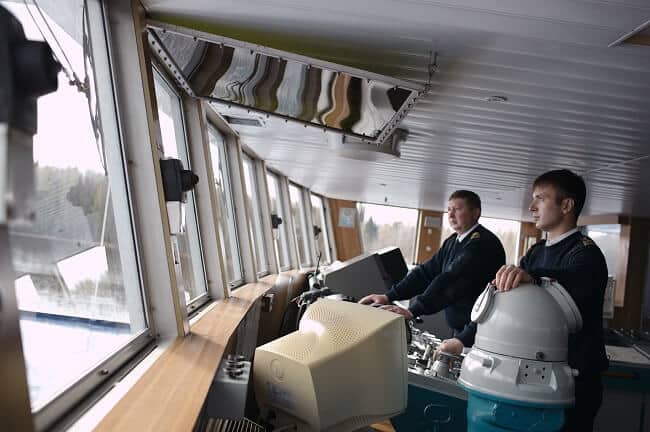

The Note of Protest is a declaration under oath by the Master of the ship. It covers circumstances beyond master’s control which may cause/have caused loss or damage to the ship or cargo or may have caused the Master to leave an unsafe port, which may render the owners liable for legal action by another party.
It is a notarized statement obtained after a ship enters port after a rough voyage. Its purpose is to protect the ship’s charterer or owner from liability for damage to the cargo, the ship or to other ships in a collision, where this was caused by the perils of the sea (for example, bad weather).


The Note of Protest can be better understood after reading the following:
The NoP is not an all-encompassing document but may be open to legal liability as the extent of damage cannot always be gauged at the initial stage. For this purpose, the Master may reserve his right to extend the protest. This extension can be availed when data associated with the cargo is obtained and ascertained after necessary survey. It is therefore important during noting the protest to include the clause “reserve the right to extend the protest at a time and place convenient”
The Master, when noting the protest, must do so in presence of one or more crew members who will be classified as witnesses with regard to the NoP. The witness must possess the knowledge pertaining to the circumstances causing the NoP, the facts of which are sent to the notary public, magistrate, consul or as advised by the agents. All documentation supporting the facts must be in possession as supporting proof to the NoP such as the official log book, deck log book, engine log book etc. The NoP, when printed, must be done as per the number of parties to which a copy is to be sent. An example of an NoP can be seen here.
As it can be understood from this, the NoP is a rather important narrative that covers the Master and the owner from legal liability rendering the carriage of cargo economically viable against probable charges.
References: Maritime Legislation and Shipboard Management for Deck Officers by Capt. Naik and Capt. Dubey
Disclaimer: The authors’ views expressed in this article do not necessarily reflect the views of The Marine Learners. Data and charts, if used, in the article have been sourced from available information and have not been authenticated by any statutory authority. The author and The Marine Learners do not claim it to be accurate nor accept any responsibility for the same. The views constitute only the opinions and do not constitute any guidelines or recommendation on any course of action to be followed by the reader.
The article or images cannot be reproduced, copied, shared or used in any form without the permission of the author and The Marine Learners.










We believe that knowledge is power, and we’re committed to empowering our readers with the information and resources they need to succeed in the merchant navy industry.
Whether you’re looking for advice on career planning, news and analysis, or just want to connect with other aspiring merchant navy applicants, The Marine Learners is the place to be.